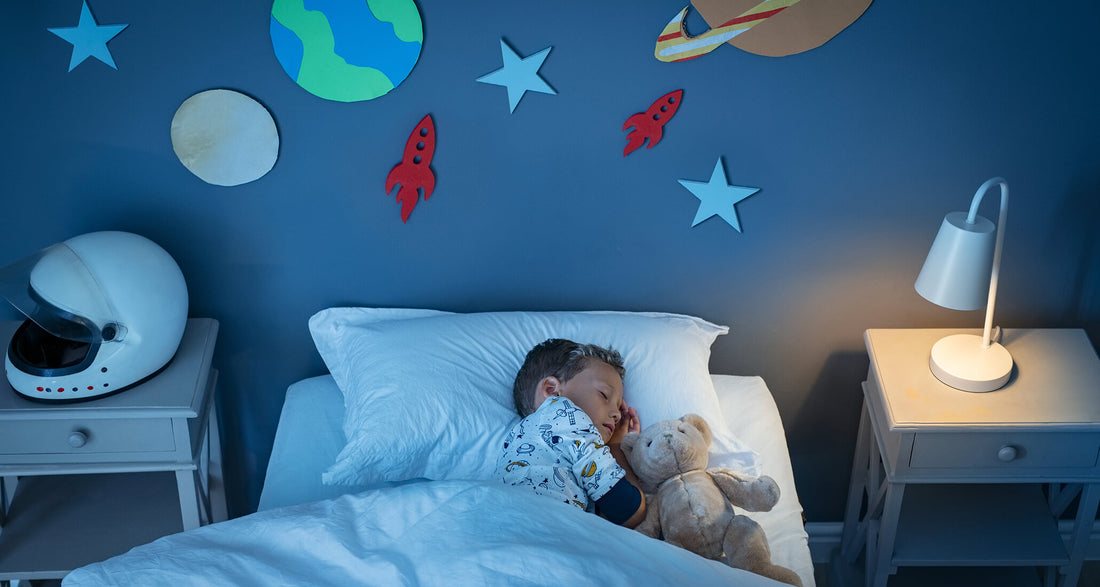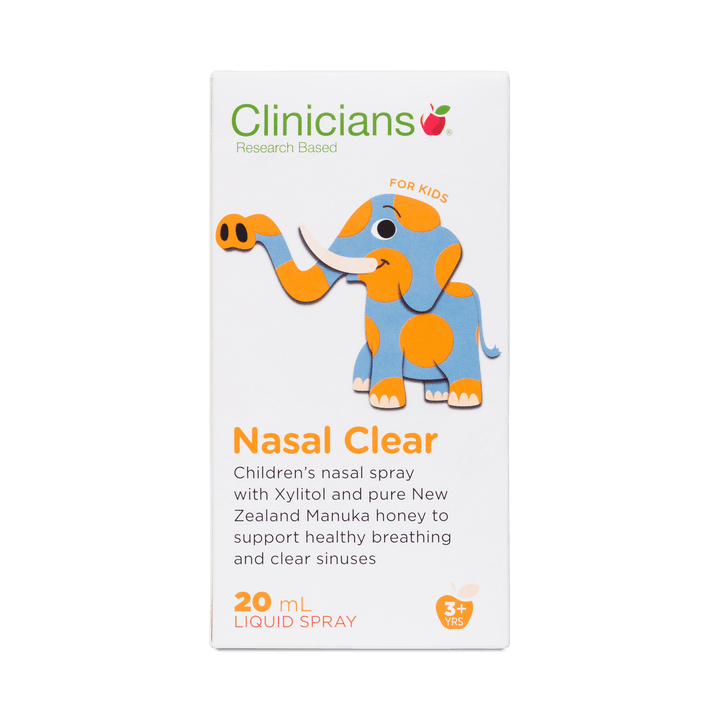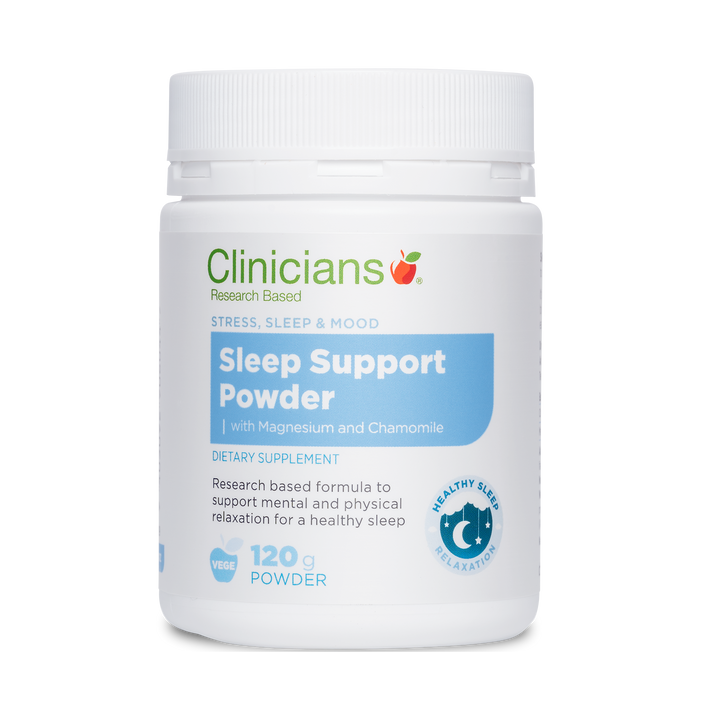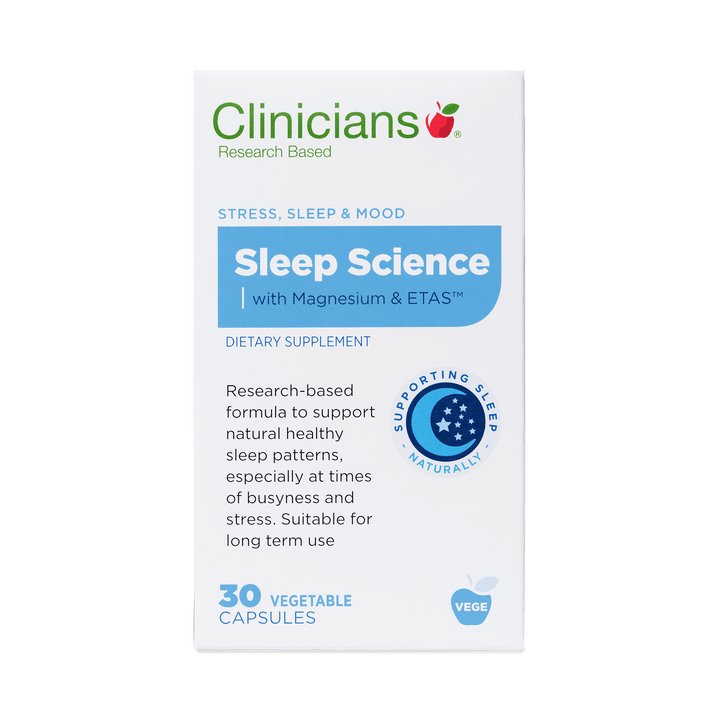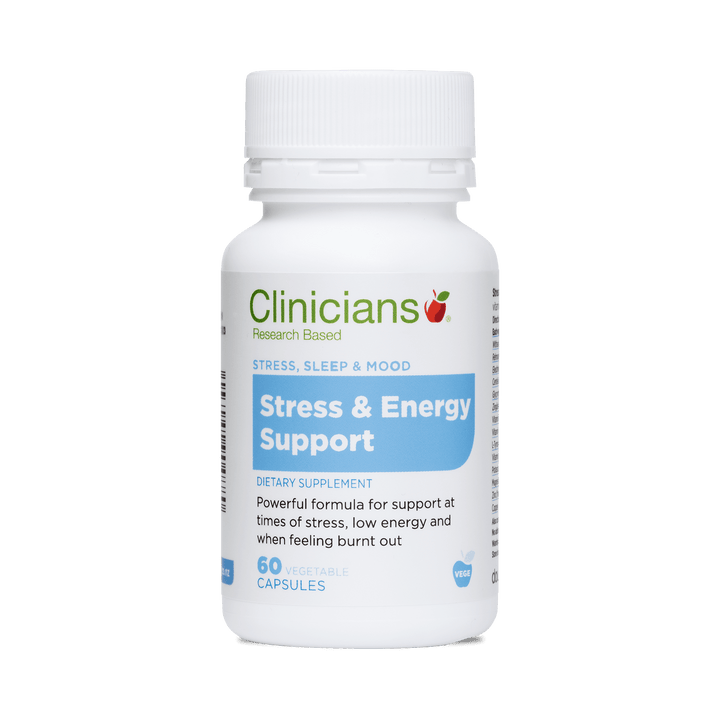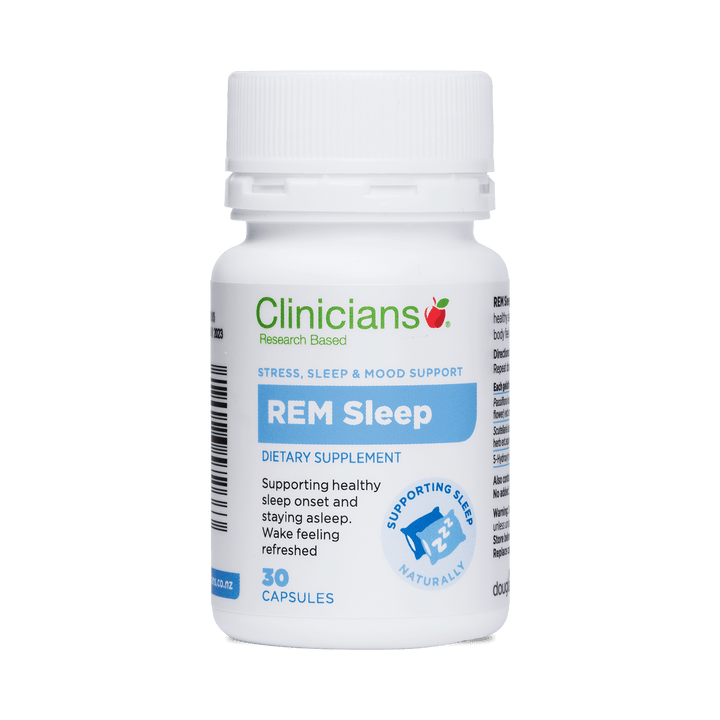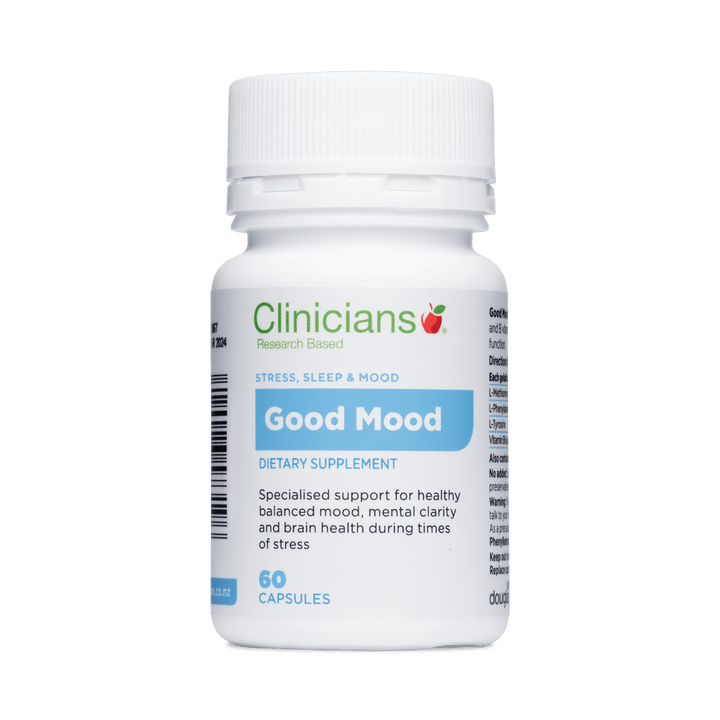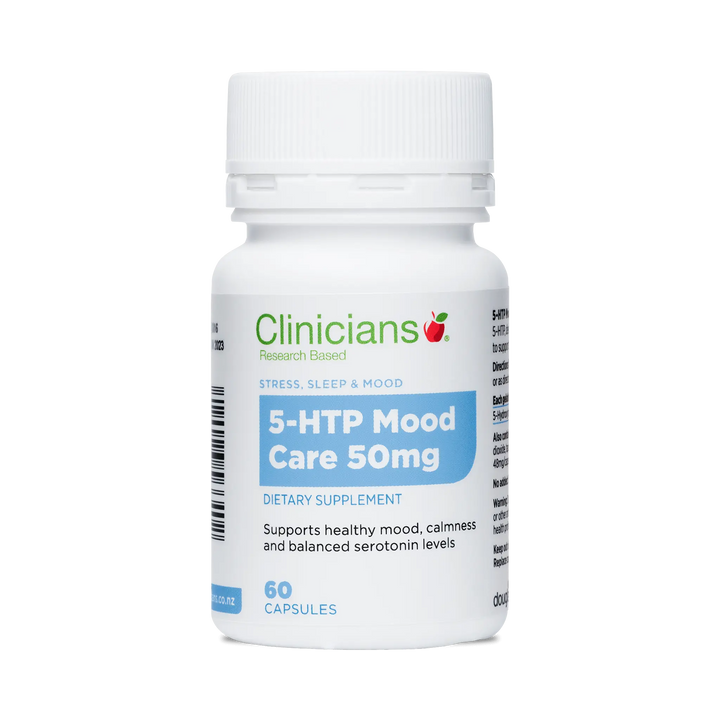Do you find yourself putting your kids to bed several times a night? You tuck them in, but 20 minutes later they are back downstairs.
It is not uncommon for parents to experience challenges getting their kids or teens to go to sleep. In fact, The American Academy of Pediatrics estimates that 25-50% of children and 40% of adolescents can be affected by sleep problems. Often it is just a phase and the causes vary from psychological to physical reasons.
Identifying the problem is the first step to finding a solution, so let's look at some of the most common causes.
Growth spurts
Kids will go through multiple growth spurts at different ages and you may find that poor sleep will coincide with this. The reason is that when kids are growing bones and teeth, they require extra minerals, especially calcium and magnesium. However, these key minerals are also needed for healthy sleep patterns, so when they are used up creating new bones, sleep is affected. As well as sleep issues, you may hear your kids complain of aches and pains in the legs, often referred to as growing pains or cramps.
If kids have a big growth spurt, they may need to supplement with these key bone minerals, as well as increasing good food sources of calcium and magnesium such as meat, eggs, nuts, seeds, green leafy vegetables, legumes, dairy products and spirulina. As you can see, for people who have children with dairy intolerance there are still lots of other sources of calcium and magnesium.
B vitamins for the nerves
Children use lots of energy and this requires lots of B vitamins. These vitamins are very important for energy, but also support our nervous system to help with relaxation. If our kids and teens are low in B vitamins they might feel anxious, which can affect their sleep and general mood in the daytime. Other signs of B vitamin deficiency include cracks in corners of the mouth and jumping easily at sudden noise. They may also be less attentive at school and low in energy.
B vitamins should be given to children in the morning for energy during the day.
Good food sources include:
- Whole grains
- Dried fruit - apricots, dates and figs
- Nuts and legumes - pulses, tempeh, beans
- Fruit and vegetable like asparagus, broccoli, spinach, bananas, potatoes
- Brewer’s yeast, and molasses
Food intolerance
If children have a food intolerance this might affect their sleep. For instance some kids get nasal congestion with dairy, that makes it hard to breath during sleep.
Others find that gluten causes over stimulation, which makes it hard to settle at night. You might also notice that they have trouble in the day with poor concentration, hyperactivity and a problem with bowel regularity.
Also, if kids are too wired to sleep there could be an intolerance to artificial colours and flavourings, so check the labels of processed foods they regularly consume. If you suspect a food group, try eliminating it for a week and see if sleep improves.
Sugar
A balanced diet is important for many areas in life and sleep is included in this too. A Japanese study on women showed that a low intake of vegetable and fish alongside a diet high in carbs and sugary food and drinks resulted in poor sleep. Kids can certainly burn off carbs during the day, but sweet treats as evening snack should be avoided. Studies have shown that fruits like bananas, oranges and pineapple can support healthy melatonin production, needed for getting to sleep and healthy sleep patterns. These might be a better option.
Caffeine
This is more for the teens, but make sure your kids are not drinking lots of energy drinks, sports drinks or other drinks containing caffeine if they have sleep issues.
Caffeine stimulates the release of cortisol, a chemical that wakes us up in the morning, but can keep us awake at night. If kids are having sleep issues make sure caffeine is only consumed in the morning or early afternoon.
Blue light and electronic devices
Sleep hormones are created naturally when the brain sees it is getting dark. However, the blue light from computers and the TV disrupt this process. Most devices have settings that filter the blue light at a certain time of night which will help. However, devices are also stimulate the brain, which makes it harder to switch off and relax for falling asleep.
Set a curfew for turning devices off an hour or two before sleep time for older children. For smaller kids moving away from the TV to relax and reading stories in bed will help.
Hopefully, you now have some ideas to help improve your child's sleep. For more advice feel free to contact our Clinicians Naturopaths.

